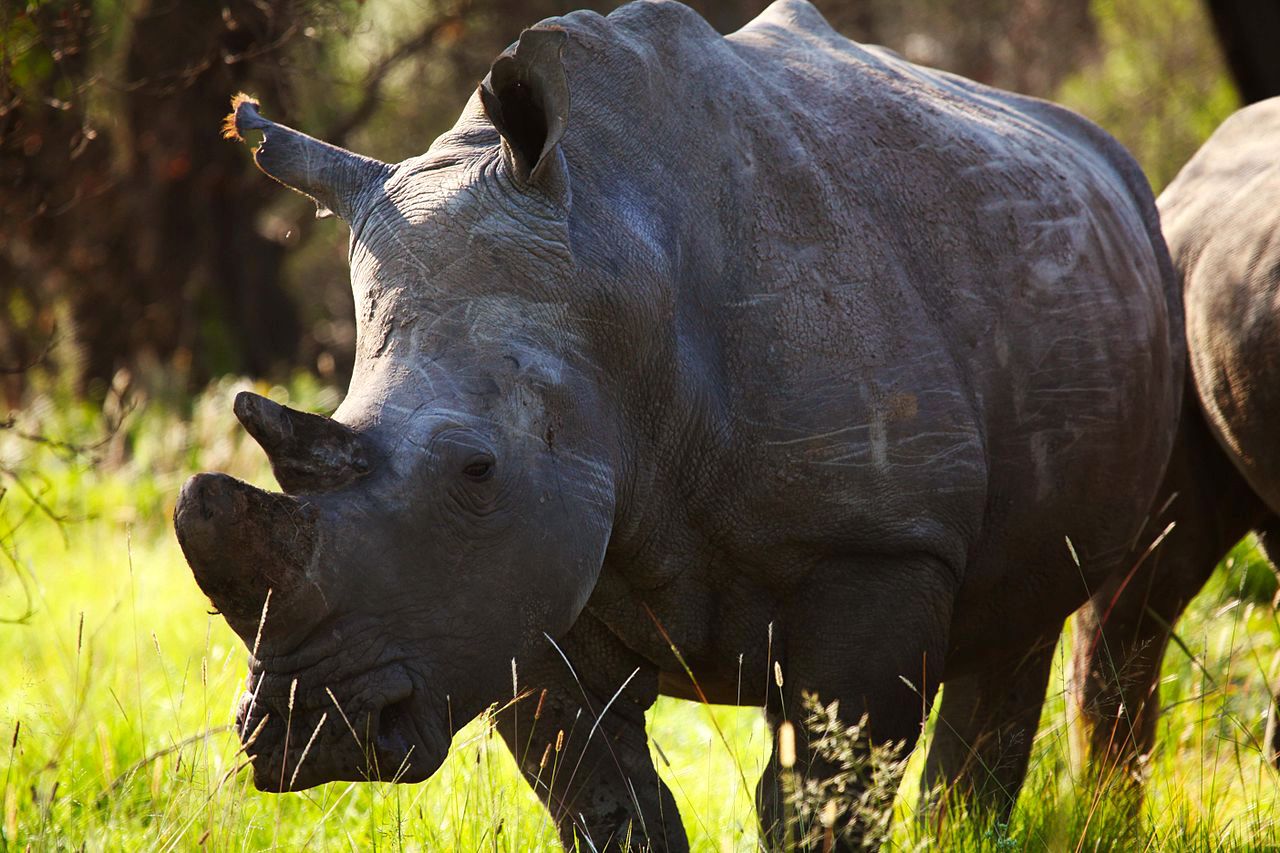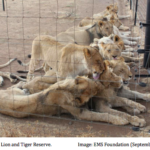
Some days are warm and sunny and then “suddenly” we are hit by thunder, lightning, storms and hail.
That should not be such a big shock, as we supposedly have “weather forecasters” doing their jobs? Or not.
Today came a few storms that seem to have taken people by “surprise”.
1. China announced that rhino horn and tiger products are now going to be legalized either as products in the “antique” trade and/or sold as traditional Chinese medicines in hospitals. It is all over the news and many NGOs have reacted “furiously”.
Really? What did those same NGOs think would happen to all those tigers in the widely known tiger farms in China? China had a plan to allow the breeding of all those tigers for commercial purposes and exploit products like bones, skin, whiskers, teeth, claws, meat, whatever – always inevitably going to end up in national Chinese markets.
And, really, what is all this fuss about tiger breeding farms in China? How about lion breeding farms in South Africa that do the same?
As for the rhino horn products, South Africa and China have long been “engaged” to trade.
Vested interests fuelled by the captive breeding of rhinos in South Africa have been applying pressure for years and years to allow international trade in rhino horn. Weak politicians could not immediately influence the international trade allowance, but at least there is a national trade allowance in South Africa, with the additional benefit that “residents” can buy horn from local dealers and be allowed to export the products.
2. The Southern African Development Community, a trading organization, always in favour of the trade in elephant ivory, has been called on to allow future trade.The reasoning is that southern Africa has far too many elephants and must be able to take benefit from ivory sales to enhance conservation of their elephant populations. After all, these elephants cause significant damage to the livelihoods and lives of rural communities.
Members of SADC, like Tanzania, South Africa, Mozambique, Zambia, Namibia, Zimbabwe sit on significant national stockpiles of ivory and want to sell them for profit. Under the guise of elephant conservation of course. This is despite clear evidence that significant portions of those stockpiles have already leaked into the illegal market, and that ivory sales in the past filled pockets nothing to do with elephant conservation.
China announced they will be shutting down their national ivory market, but this is increasingly seen as window dressing. Illegal ivory floods into China from Laos and Vietnam and Hong Kong, as well as the African elephant range states – and the Japanese ivory market is flourishing.
3. The WWF and other organizations today announced that wildlife is declining everywhere. How long have we known this? It is Halloween and Ground Hog Day all over again. These organizations profit from extinction and not from success, as that would render themselves extinct. It would be refreshing and honest for those organizations to admit failures and chart better programs for the future. The status quo is just no longer acceptable.
Overall, as I said above, we should all have been paying attention to the weather forecasts. I have an app on my cell phone that reasonably accurately tells me what I can expect for rain when I take my dog for his walk. These wildlife storms have all been brewing and are rather inevitable despite the protestations of those moaning about the current weather. People with a finger on the China pulse long knew that tiger and rhino products were going to be legalised. All they needed to do was look out the window.
What is needed is a reality check.
NGOs need to acknowledge that these bad weather days are inevitable and predictable. The current “conservation” formula for elephants, tigers, rhinos, lions and so many other commercially traded species is just not working. NGOs and governments, instead of pretending progress and making promises, just need to be transparent and truthful.
“We are sleepwalking towards the edge of a cliff” said Mike Barrett, executive director of science and conservation at WWF. Yet this organization profits from corporate contributions including those from palm oil manufacturers that destroy rain forests and all wildlife inhabitants including orangutans and tigers, supports the ivory trade and trophy hunting, and is cosy with the most corrupt governments on the planet.
Crocodile tears will not work. If change is going to be effective to really conserve whatever little wildlife we have on this planet, it will take you and me to stand up and be counted in calling for a weather change.




